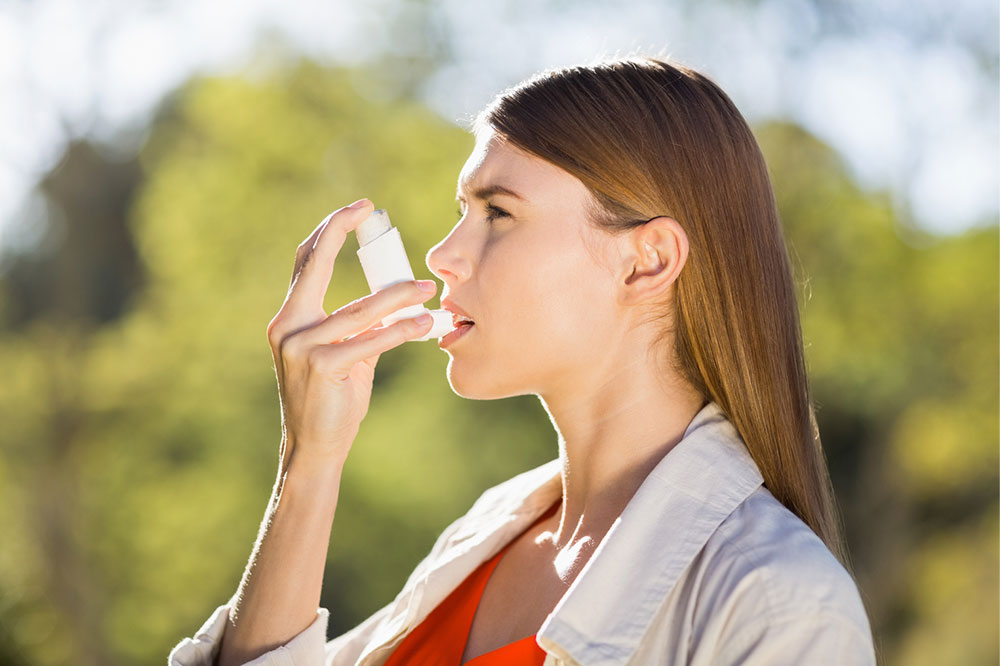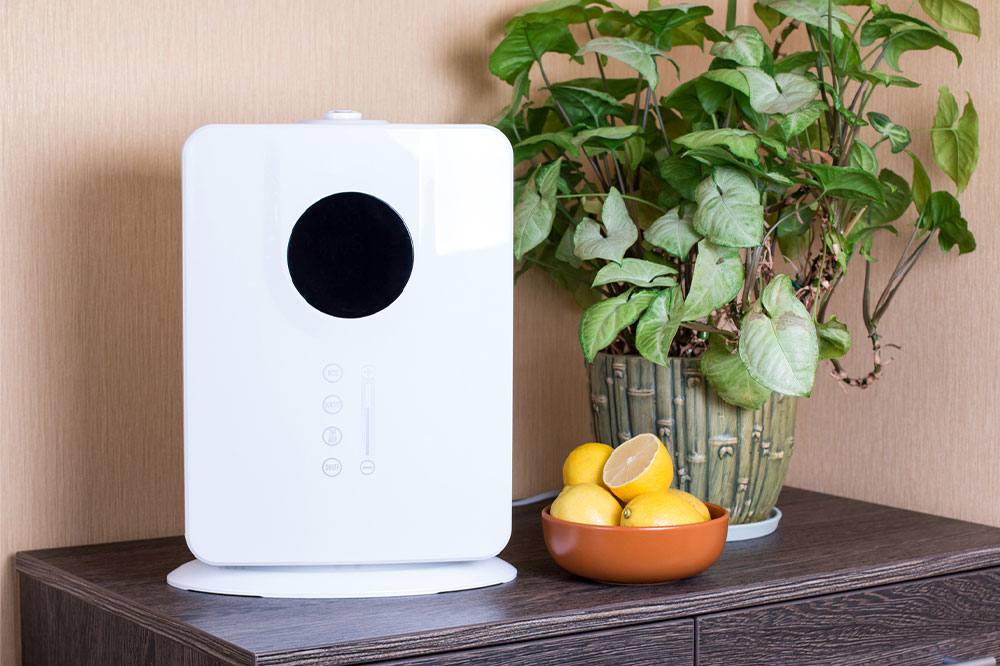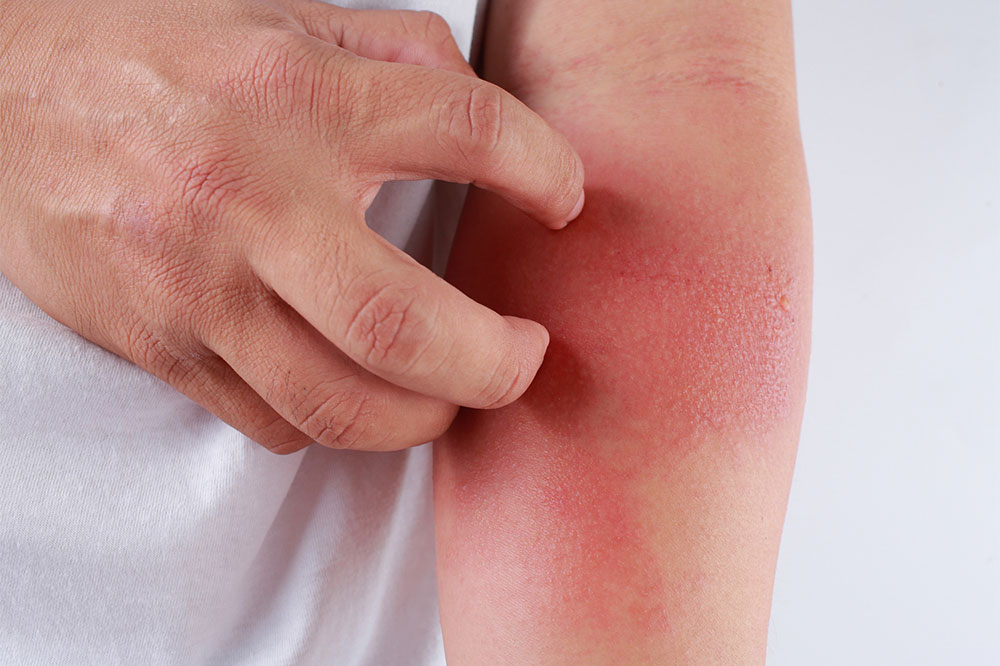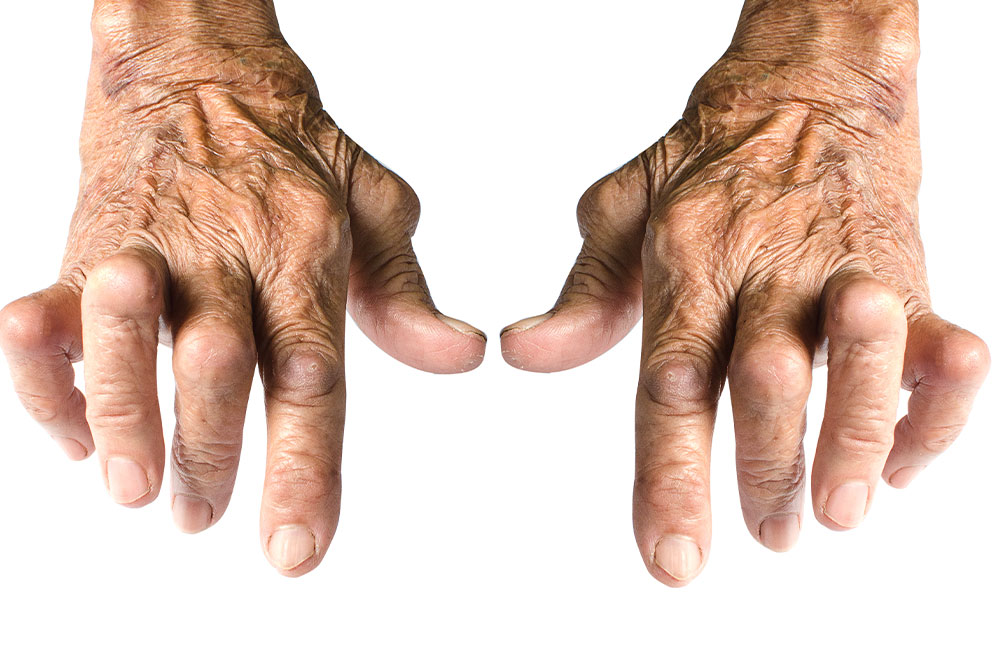5 useful techniques to manage shortness of breath
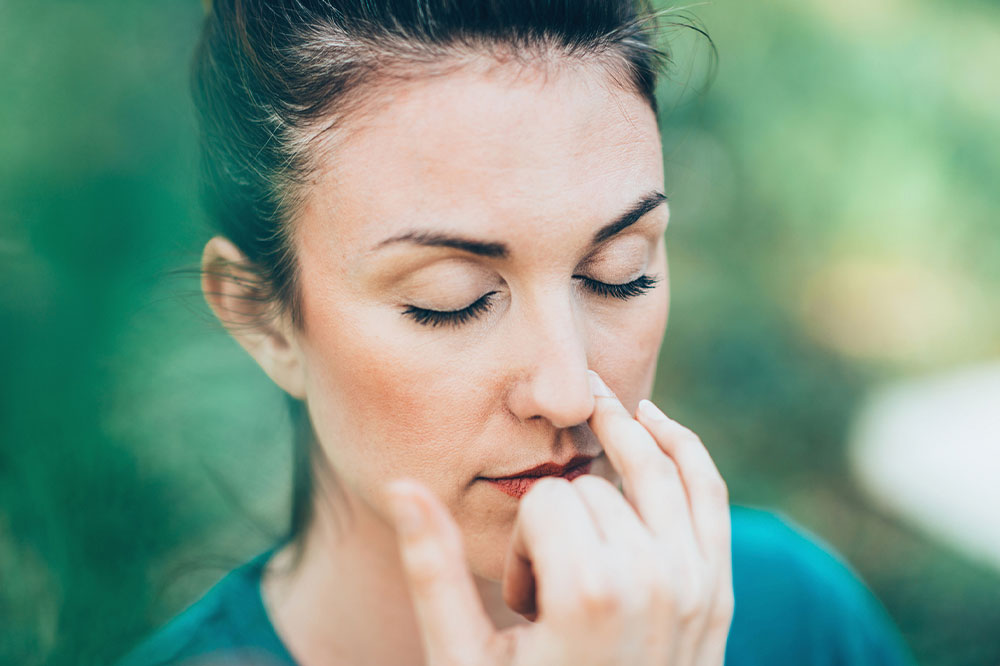
A person is said to experience shortness of breath when they have difficulty breathing normally. In most cases, the discomfort is mild and easily managed with simple steam inhalation to unblock nasal passages. Alternatively, it could be a complication that arises out of underlying conditions that needs timely intervention with prescription and lifestyle changes. Here are five effective suggestions to manage mild to severe shortness of breath at home and under professional care.
Mindful breathing techniques
Deep breathing exercises are largely effective and help manage shortness of breath in the short term. This is because deep breathing involves the use of the abdominal diaphragm muscles to expand more and allow the lungs to fill up with more oxygen. However, it is necessary to learn the correct technique to avoid the risk of hyperinflation due to excessive breathing. Another common technique is pursed lip breathing. Experts suggest keeping only a small gap between both lips while keeping them pursed to regulate the airflow.
Adjusting sitting or standing posture
Any sudden shortness of breath caused due to anxiety or overexertion can be managed by simply correcting your posture. For example, lying down with the knees and head supported by multiple pillows can help relieve airway pressure. A table can also be used to adjust the posture. For instance, leaning forward in a sitting position while placing the head on the desk at a comfortable angle can help ease breathing. Even standing near the table using the hands to support and take off the weight from the legs can also ease circulation. Another position is to lean against the wall to correct air flow while breathing deeply. Basically, any position that relieves air pressure is advisable to overcome sudden shortness of breath as a temporary cure.
Using an external airflow accessory
Small battery powered fans can come in handy to overcome sudden shortness of breath. There have been many research studies conducted to evaluate the effects of a handheld fan to direct a steady gust of fresh air towards the nose and face. The force of air tricks the brain into thinking there is plenty of oxygen available for the lungs to absorb naturally. But this technique may work only for mild to moderate episodes of breathlessness as it is just a temporary fix.
Prescriptions for breathlessness
In many cases, shortness of breath can be the result of underlying health complications and may require a prescription to actively manage the symptoms. If there is excess buildup of fluids in the lungs, doctors also suggest the use of diuretics to evacuate the excess water. Asthma patients often struggle with shortness of breath, so a prescription nebulizer or inhaler is also suggested to clear the airways.
Using an oxygen concentrator
Those who already suffer from respiratory diseases may be advised to use an oxygen concentrator to boost O2 levels. These machines are designed to concentrate the flow of oxygen using a breathing apparatus to mainly overcome complications like shortness of breath. Specialists advise checking oxygen levels in the body during such episodes using a standard portable pulse oximeter. If the levels drop below the recommended limit, it means there is not enough oxygenated blood circulating to vital organs. For more severe episodes, oxygen tanks can be used to boost these levels as instructed by the medical professional.
At any point, if the symptoms persist or remedies do not provide sufficient relief, immediate health professional intervention is advisable. Doctors will advice on the best course of treatment.

